The top 12 sources of protein
By Louise Belle BHSc (Nut Med)
Every time you eat a handful of nuts, or a slice of chicken, the protein component is broken down into amino acids (the building blocks of protein) to be used for a variety of different functions in the body. Protein is used for repairing damaged tissue, the production of immune cells, feeding muscle growth, regulating fluid balance, hormone production and to make enzymes. Eating protein regularly will help to support all of these vital functions, will assist in balancing blood sugar levels and will feed your brain so you can focus better. The average recommendation for protein intake is 0.8g of protein per kilogram of body weight. For a 65kg female this equates to 52g of protein. Those that do a lot of exercise may require more protein than this.
Here are the top 12 sources of protein:
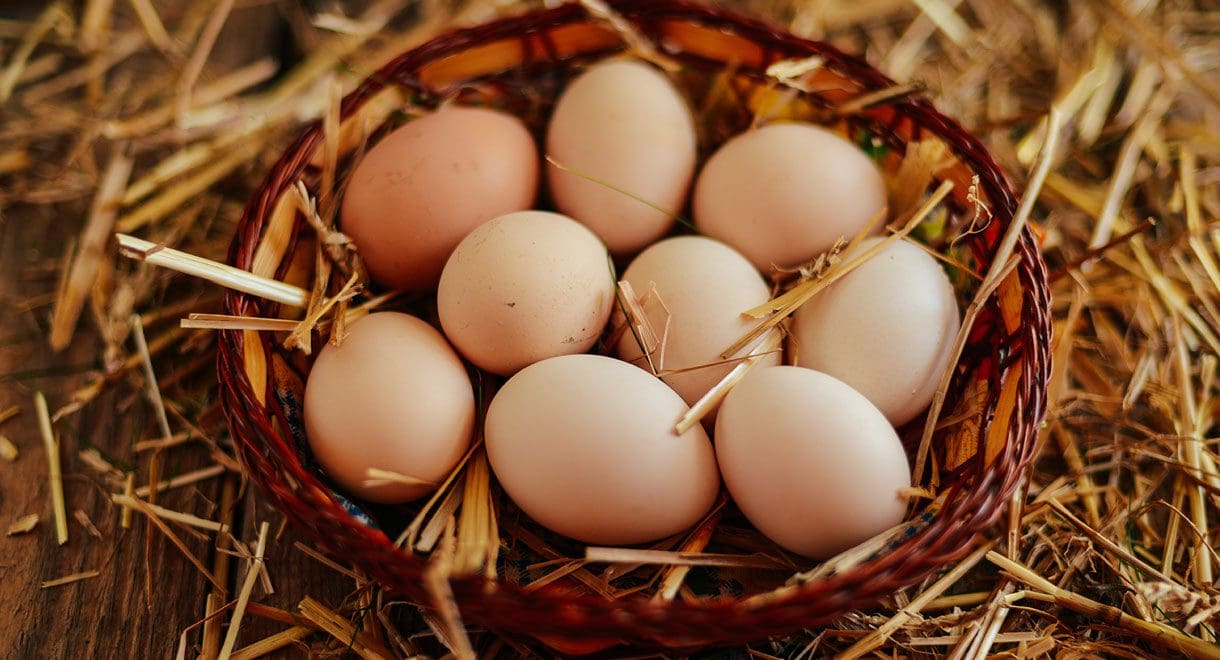

1. Eggs
Encased inside an eggshell is a nutritional powerhouse of goodness. Jam-packed full of omega 3, choline, B-vitamins and carotenoids, one large egg will provide you with a whopping 8g of protein. They can be poached, fried, scrambled, made into omelettes and protein pancakes- you can eat eggs regularly and not get bored!
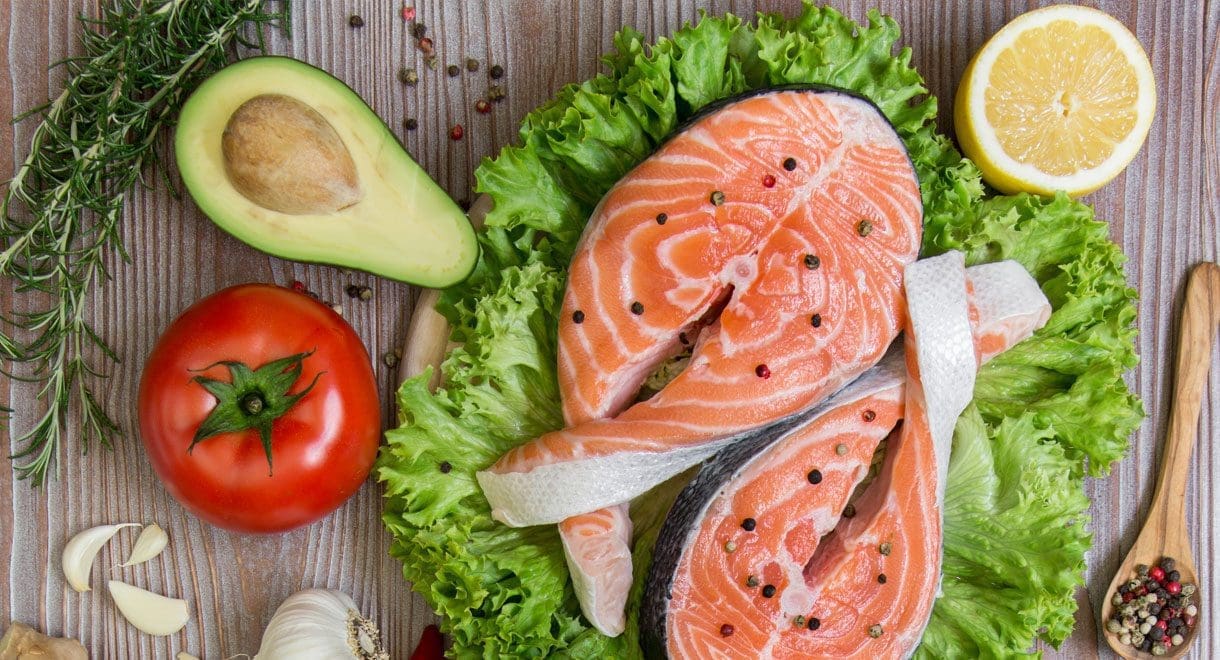

2. Fish
Rich in omega 3 fatty acids and nourishing to the brain, fish offers an anti-inflammatory source of protein. One serving of Atlantic salmon (about 100g cooked) offers about 23g of lean protein. Do as the Mediterranean’s do and incorporate fish into your regular diet.
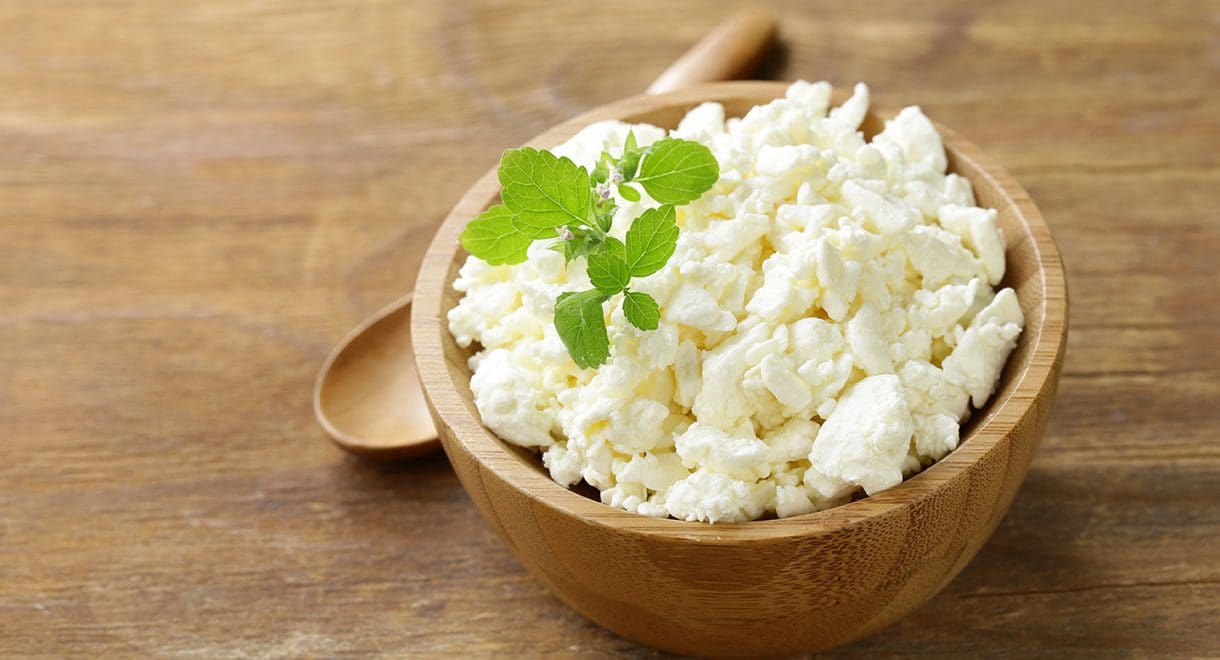

3. Cottage cheese
Acting as the perfect spread for crackers, to add to a frittata or to be made into a dip, just 3 tablespoons of cottage cheese contains an impressive 9g of protein. Also a source of calcium, vitamin A and vitamin D- you should jump on board the cottage cheese train.
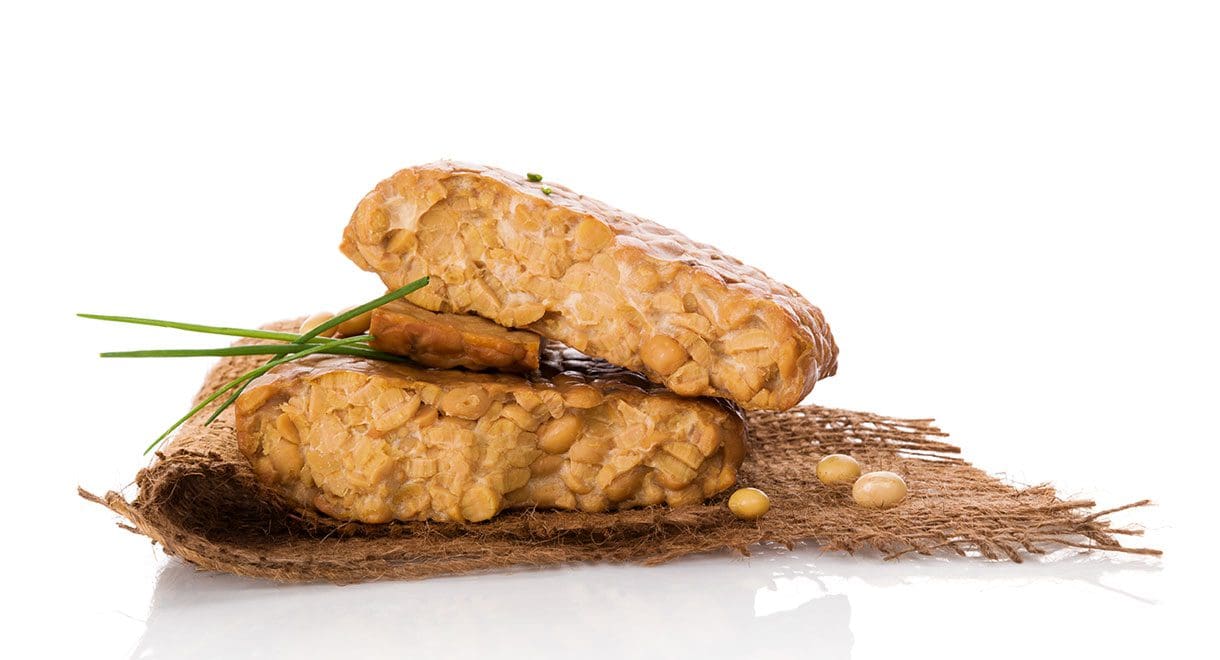

4. Tempeh
This fermented soybean product will provide your gut with nourishing probiotics (good bugs) that restore the balance of bacteria, support nutrient absorption and strengthen the immune system. Half a cup of tempeh packs a 19g protein punch. Tempeh can be fried and served with a side salad, or incorporated into your favourite stir fry or stew.
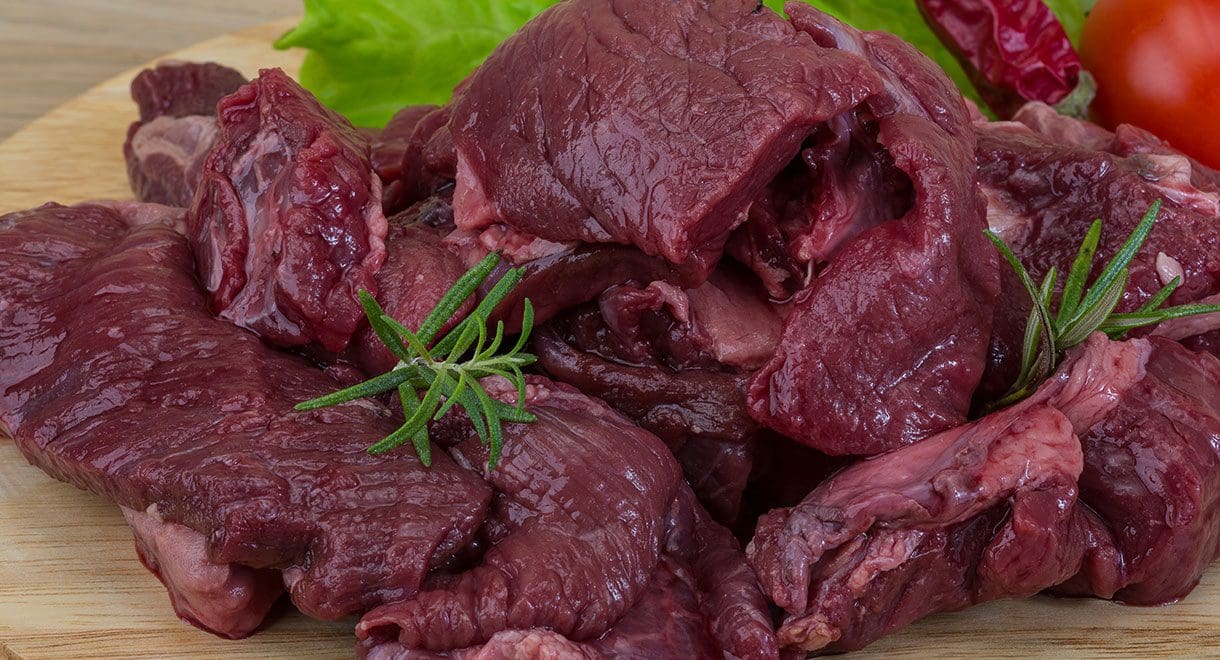

5. Kangaroo meat
Kangaroo is growing in popularity as the red meat of choice, due to its high protein and low fat content. 100g of this lean meat will give you about 21g of protein to stimulate your muscle growth, and is rich in iron, zinc and linoleic acid.
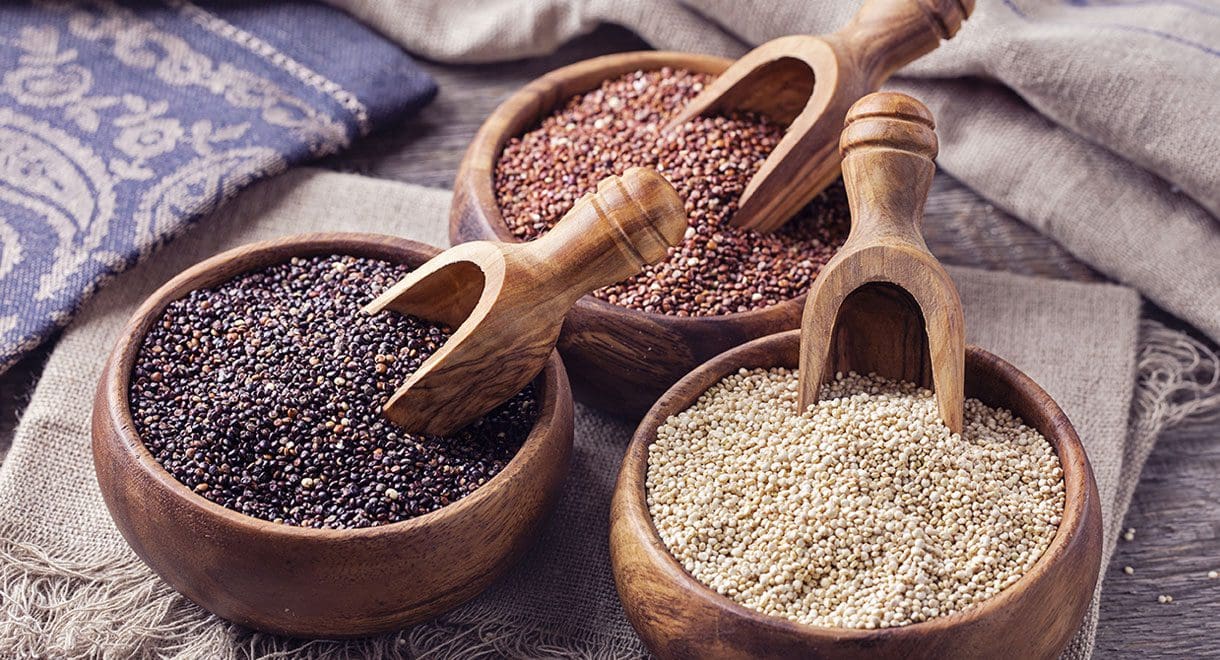

6. Quinoa
This amazing Aztec grain is a well-known superfood rich in minerals, folate and fibre. Not only is it gluten-free, it is a complete source of protein that can be used in replacement of rice or pasta, in baked goods and can even double as a breakfast grain. Half a cup of cooked quinoa will yield 4g of protein.
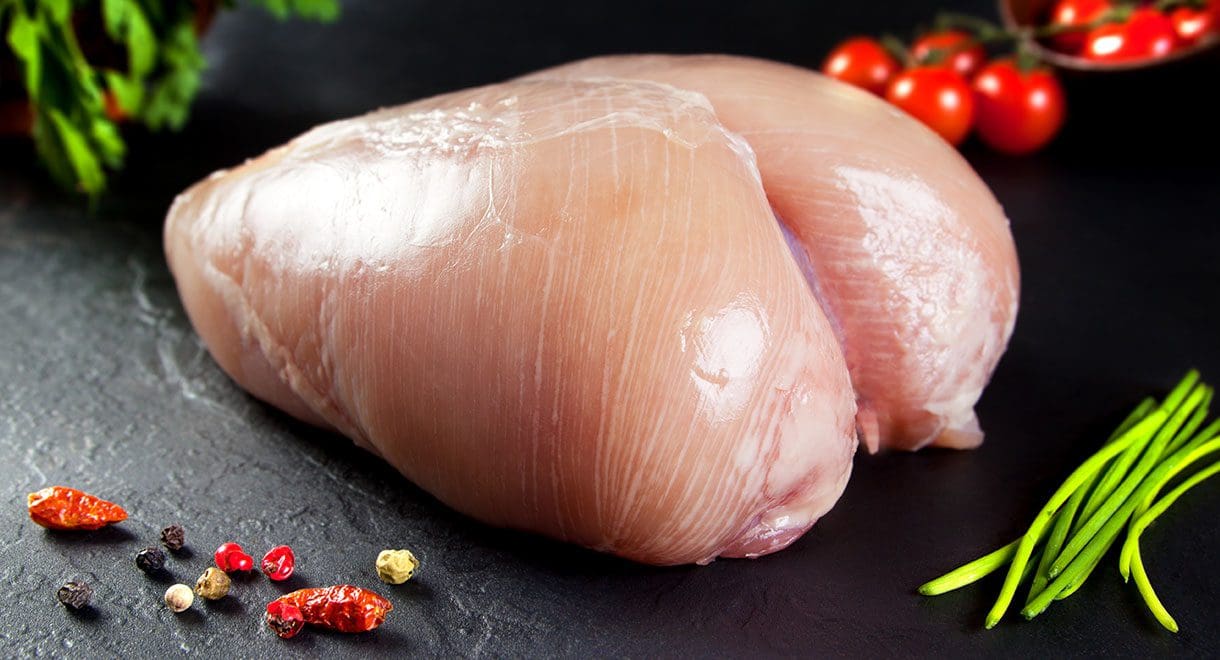

7. Chicken breast
Whether it be in the form of soup, a stir fry, roasted, Kiev style or plain old jane, one serving of chicken breast (about 80g cooked) contains 26g of protein. Rich in B-vitamins, tryptophan, zinc and vitamin E, chicken can assist you with your health goals and is a great protein for meal prep.
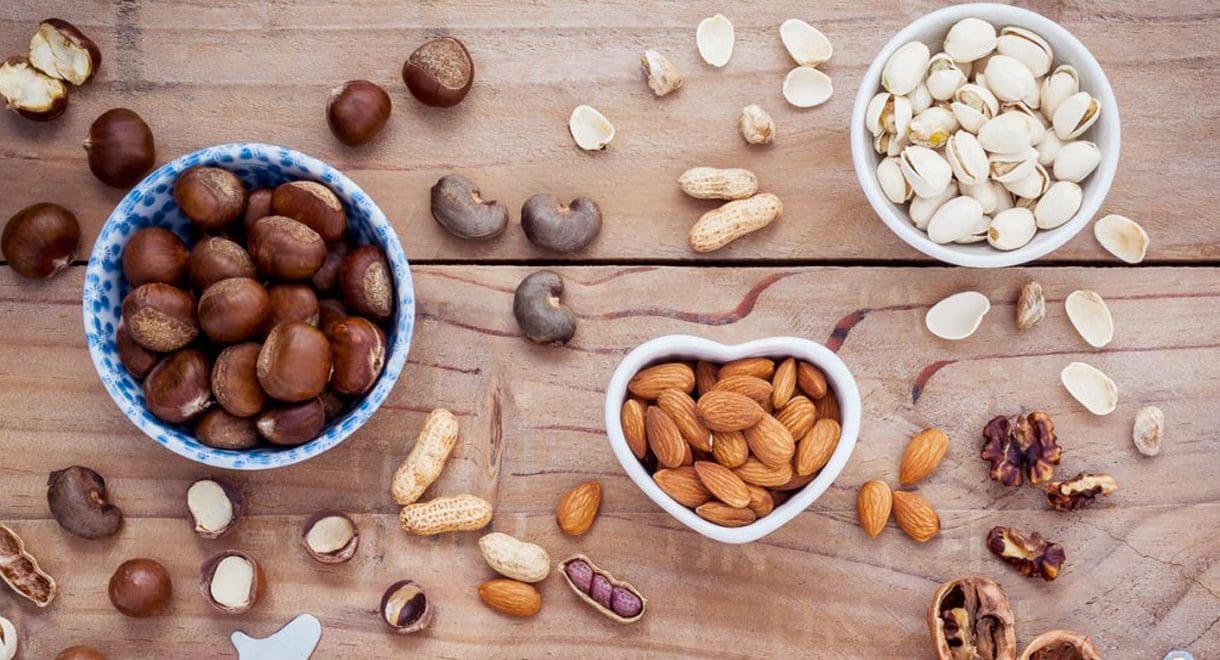

8. Nuts and seeds
A trail mix is a great nutritious snack that you can nibble on throughout the day to satisfy your hunger. Almonds, pepitas, sunflower seeds, cashews and pistachios- just to name a few, will help to strengthen your bones, support your immune system and feed your brain, whilst providing you with 4g of protein per 25g serve.
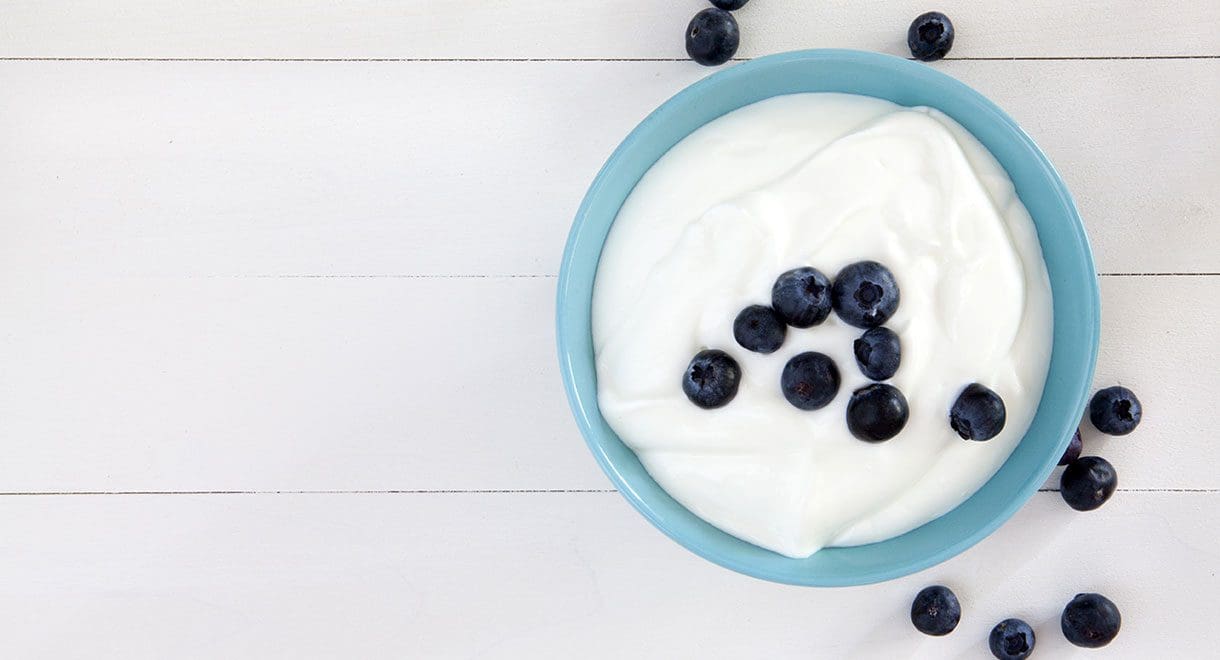

9. Natural yoghurt
Tangy, creamy and packed with probiotic bugs, yoghurt serves as a great breakfast, snack or dip. A 200g tub of yoghurt contains an impressive 12g of protein. With a good dose of B12, yoghurt can help you feel energised.
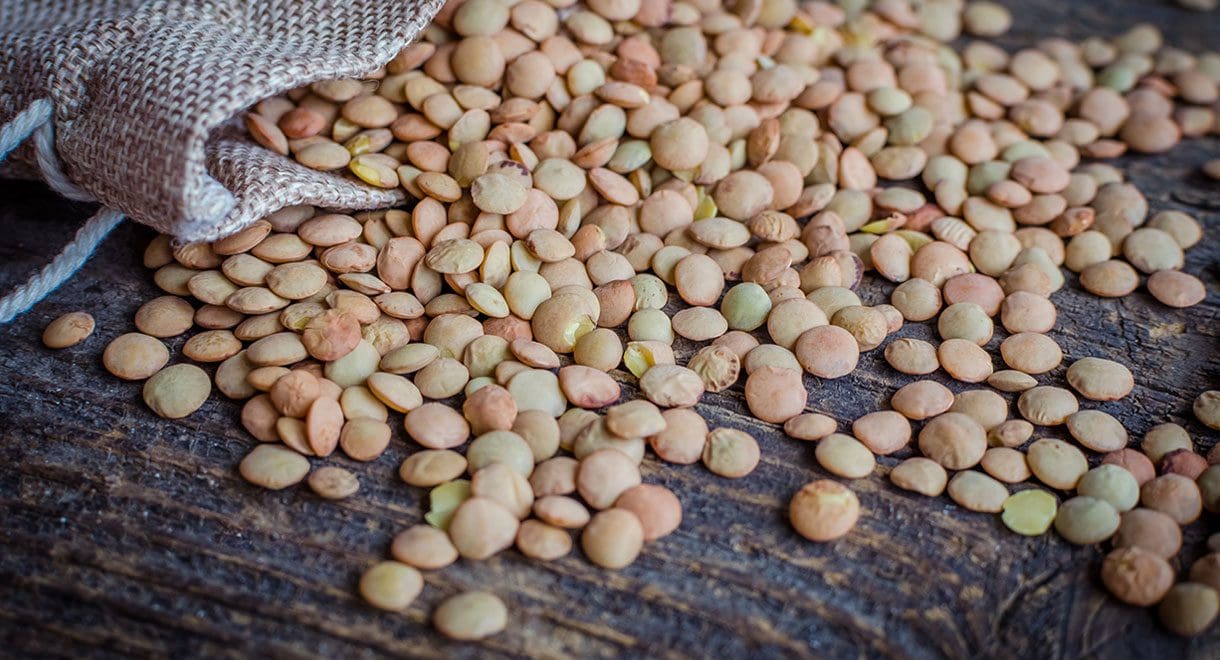

10. Lentils
Well known for their high fibre content and their ‘tooting’ side effects, lentils can be often forgotten about as a protein source. Containing 13g of protein per cup, and offering a range of minerals, lentils can be added to soups, curry, blended into a pasta sauce or added to your favourite salad.
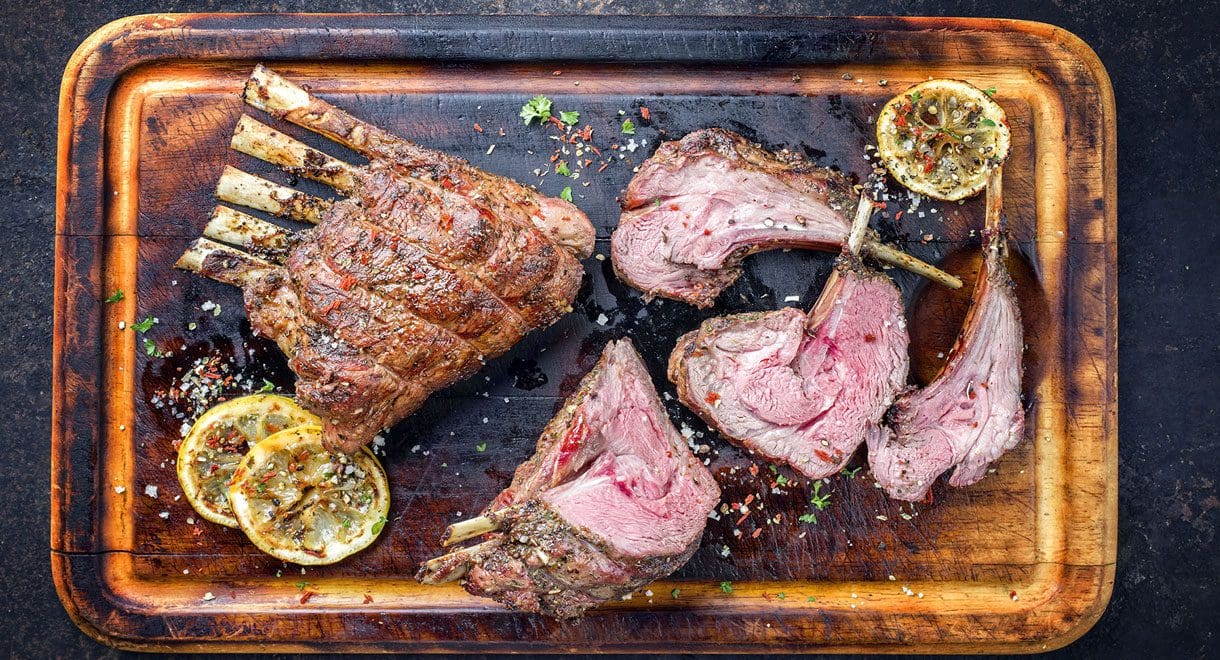

11. Lamb
A succulent red meat rich in iron, B12 and choline- 2 slices of roasted lamb provides you with 25g of protein. This is great news for all the lamb shank, lamb chop and lamb salad lovers out there. A perfectly nutritious addition to your weekly meals.
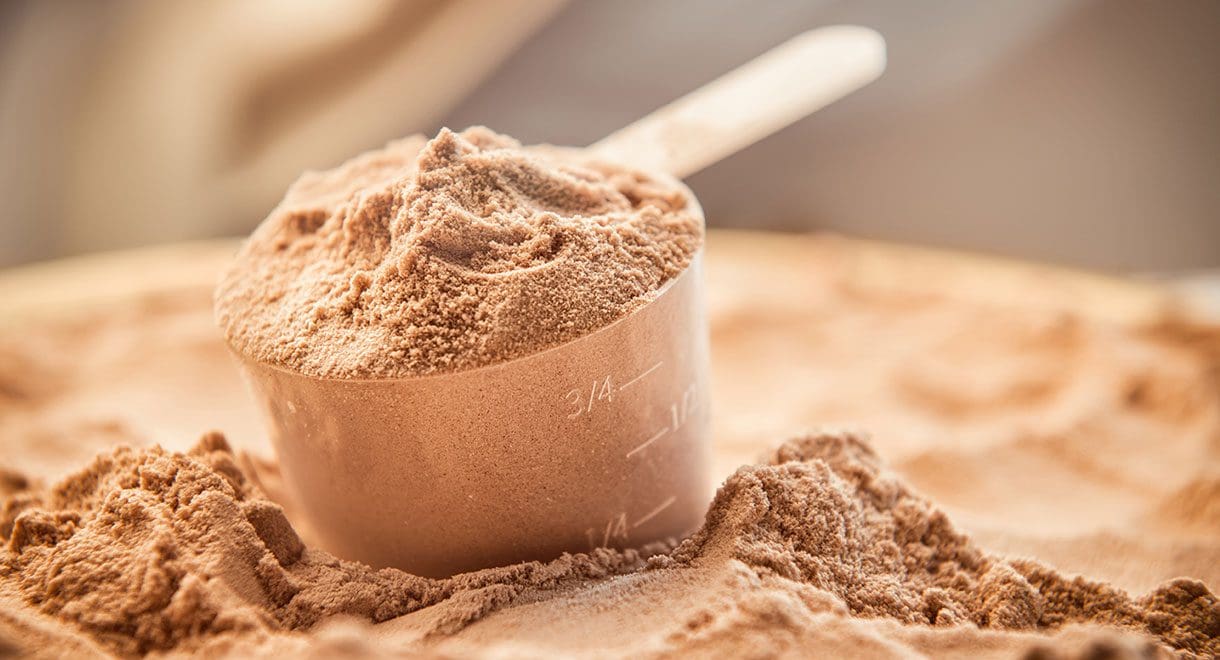

12. Protein powder
If you are running late, and don’t have time to meal prep, a good quality protein powder or meal replacement powder can be your best friend. It acts as a great supplement along-side your regular diet to ensure you are hitting those protein goals. Synd-X Protein powder is very low in carbohydrates and offers 16.2g of protein per serve. Pair this with a glass of milk and you’ll get a total of 26g of protein. Whilst protein powders are great for quick intake of protein, they are not complete meals. If you are looking for something to replace a meal then Quickloss Meal Replacement powder is fantastic. It contains about the same amount of protein as the Synd X powder but also contains 25-40% of the daily requirement of vitamins and minerals. You can use Quickloss to replace 1-2 meals a day.
Ensure that your daily diet contains a good variety of different protein sources to keep you feeling strong and healthy!


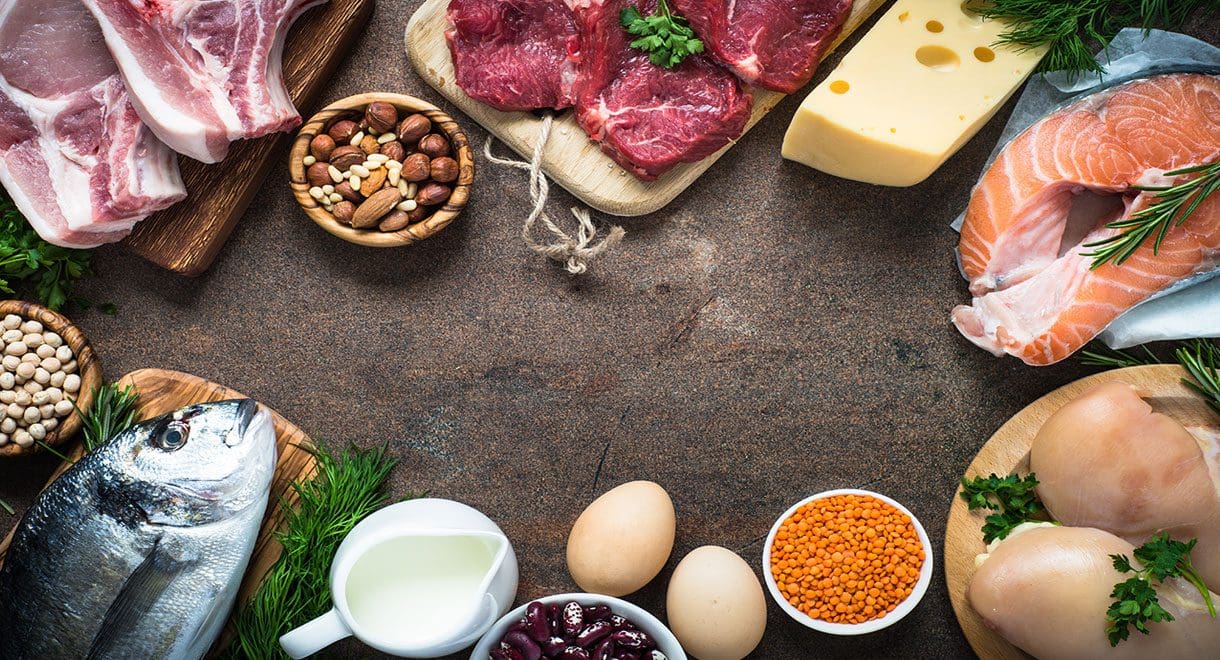


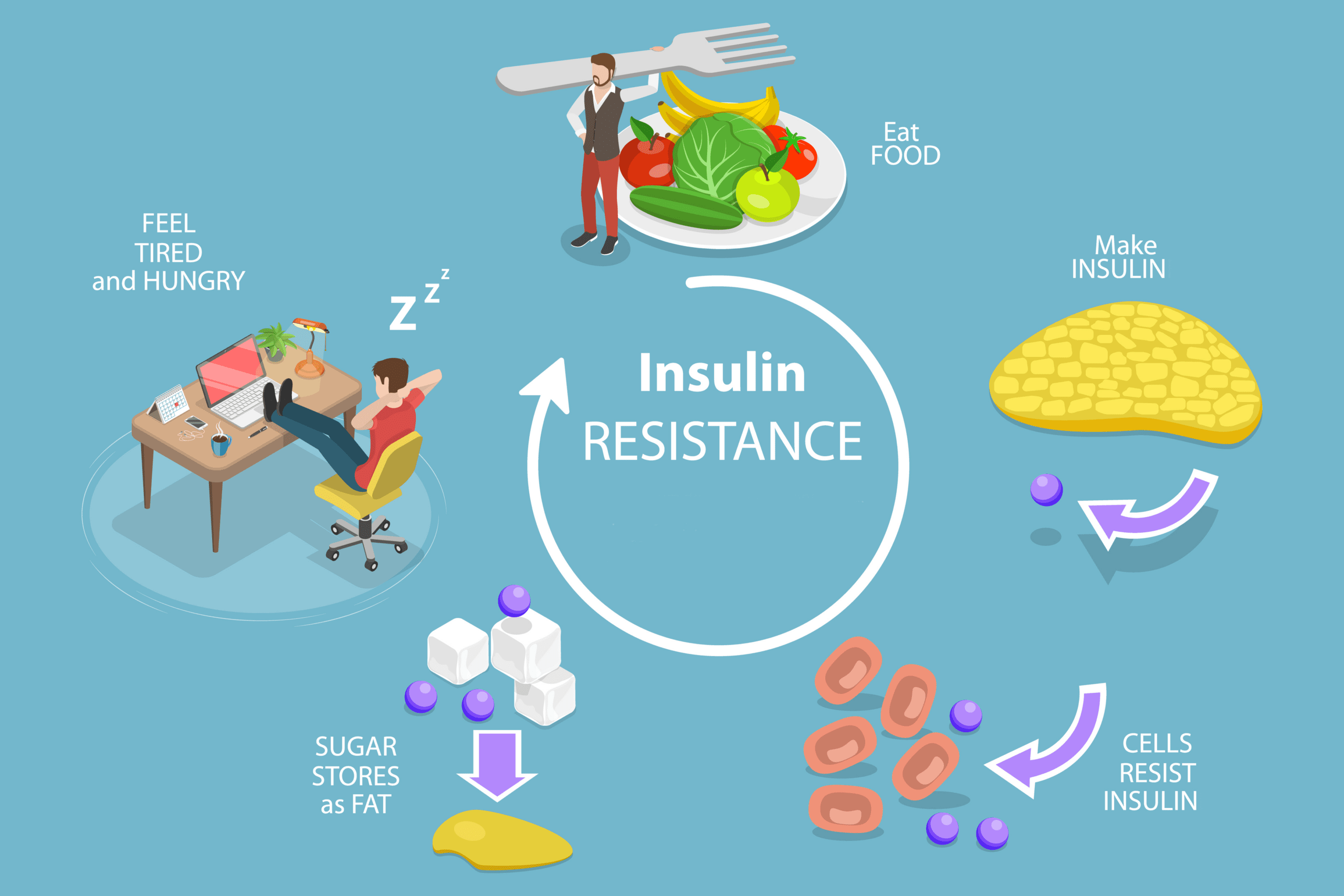

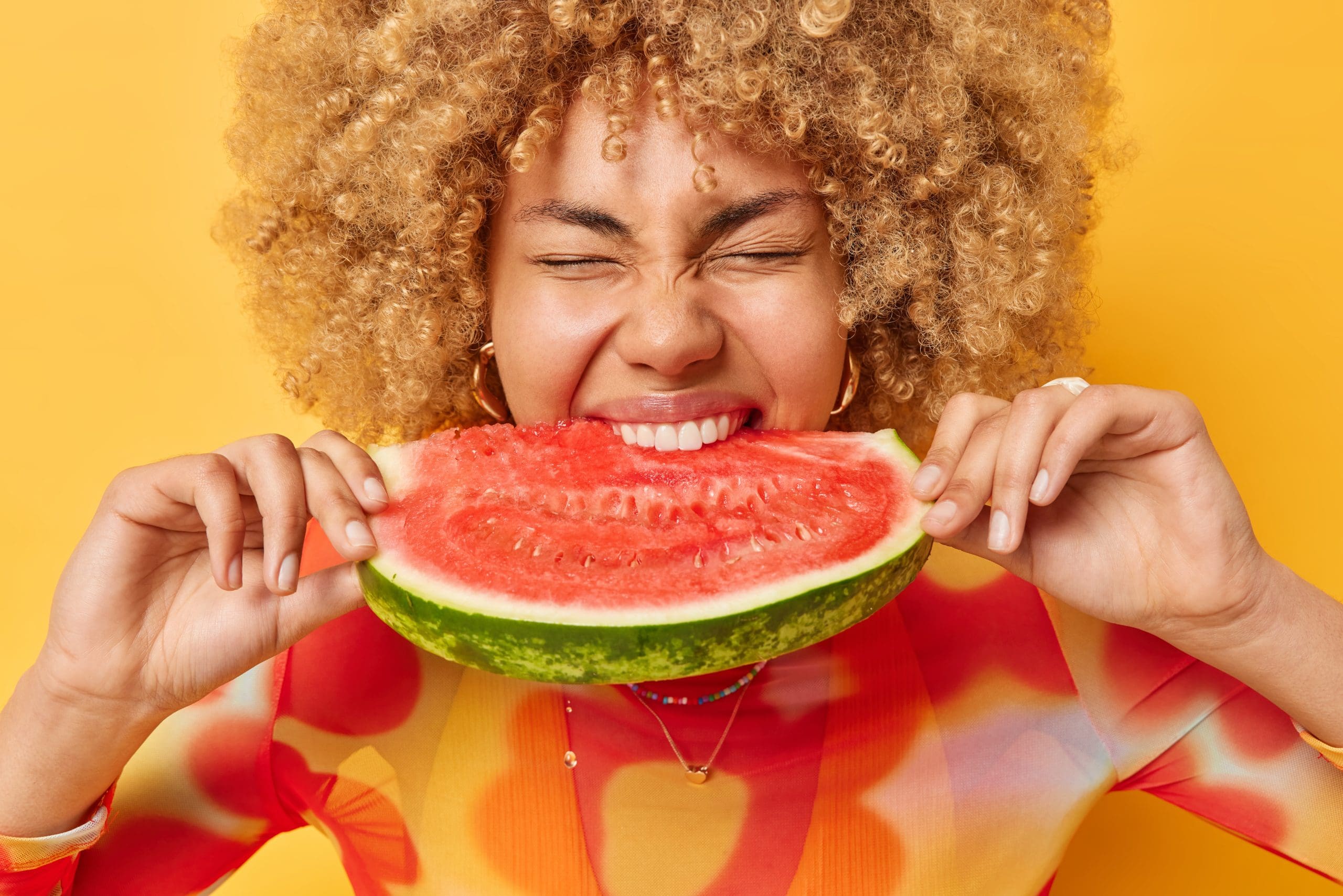
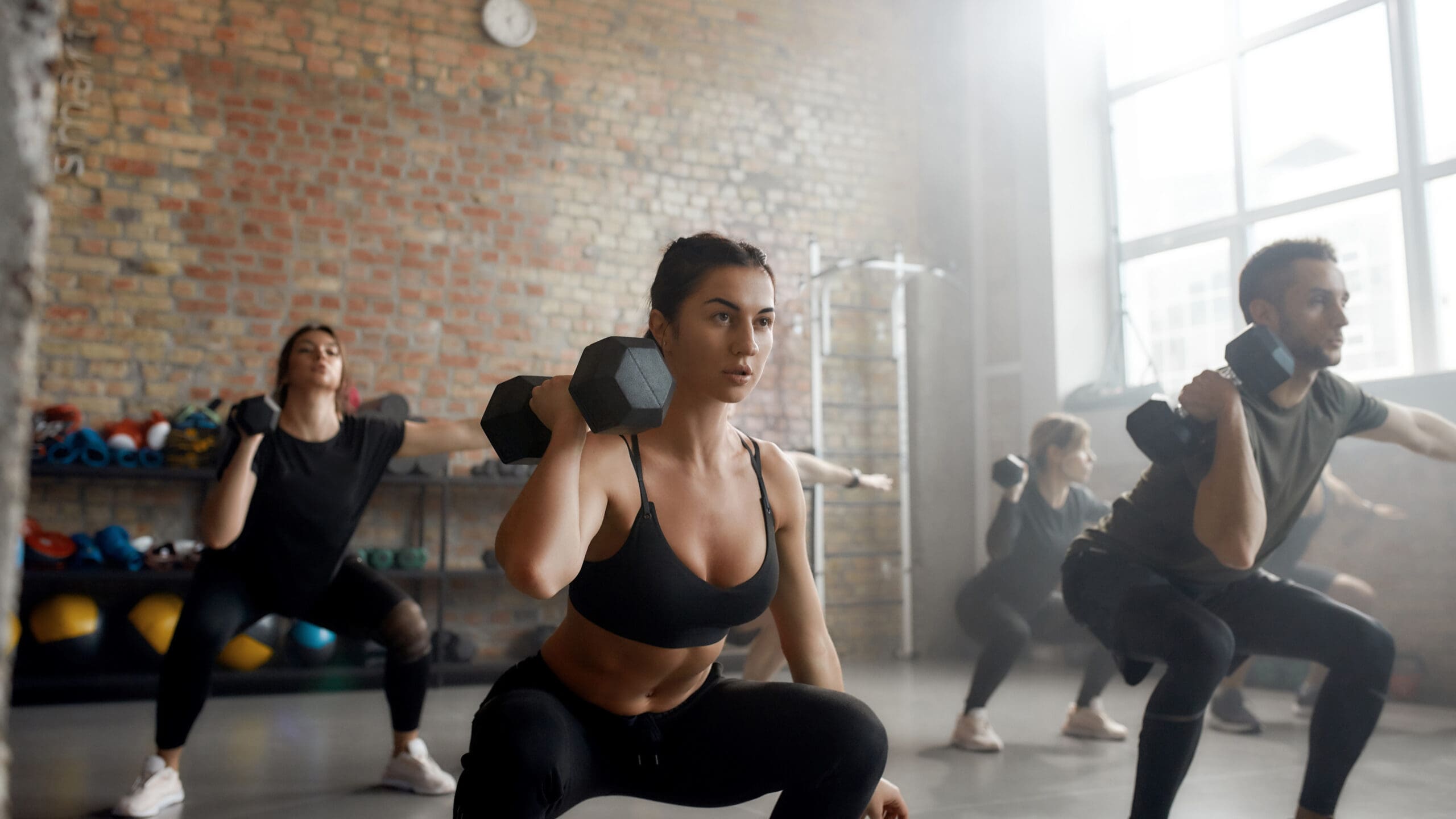
Leave A Comment